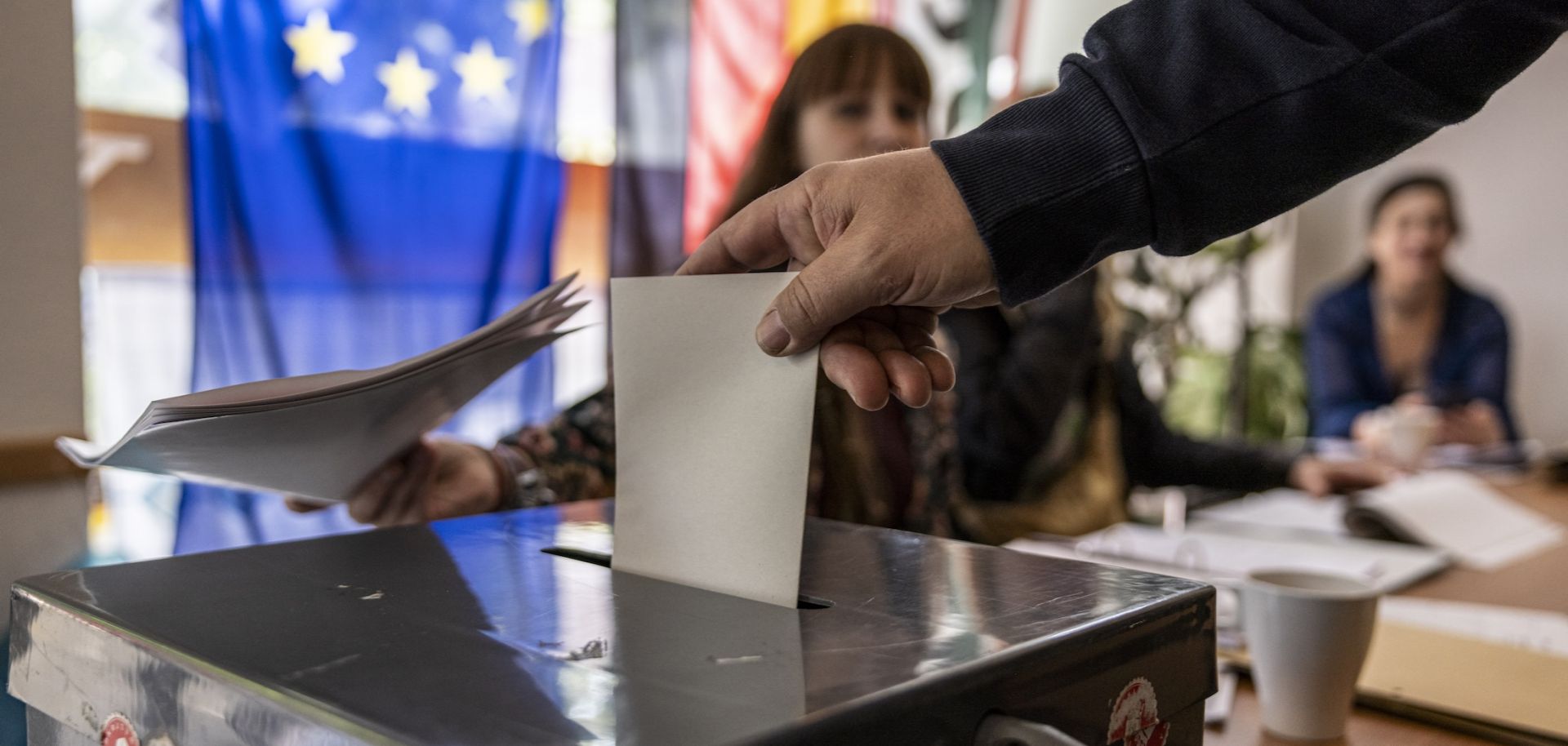Snap elections in Germany remain unlikely, but growing tensions within the ruling coalition ahead of upcoming state and federal elections, particularly around ongoing budget talks, will increase political instability and policy uncertainty in the country. The three parties making up Germany's ruling coalition -- Chancellor Olaf Scholz's center-left Social Democratic Party (SPD), Economy Minister Robert Habeck's Greens party and Finance Minister Christian Lindner's pro-business Free Democratic Party (FDP) -- all performed poorly in the European Parliament elections on June 9, prompting opposition parties to call for Scholz's resignation and early elections. The SPD and the Greens scored just below 14% and 12%, respectively, while the FDP obtained only slightly above 5% of the votes. Meanwhile, the opposition center-right Christian Democratic Union (the CDU/CSU) won 30% of the vote, and the far-right Alternative for Germany (AfD) gained about 16%, the party's best-ever result in a nationwide vote. While Scholz ruled out...

